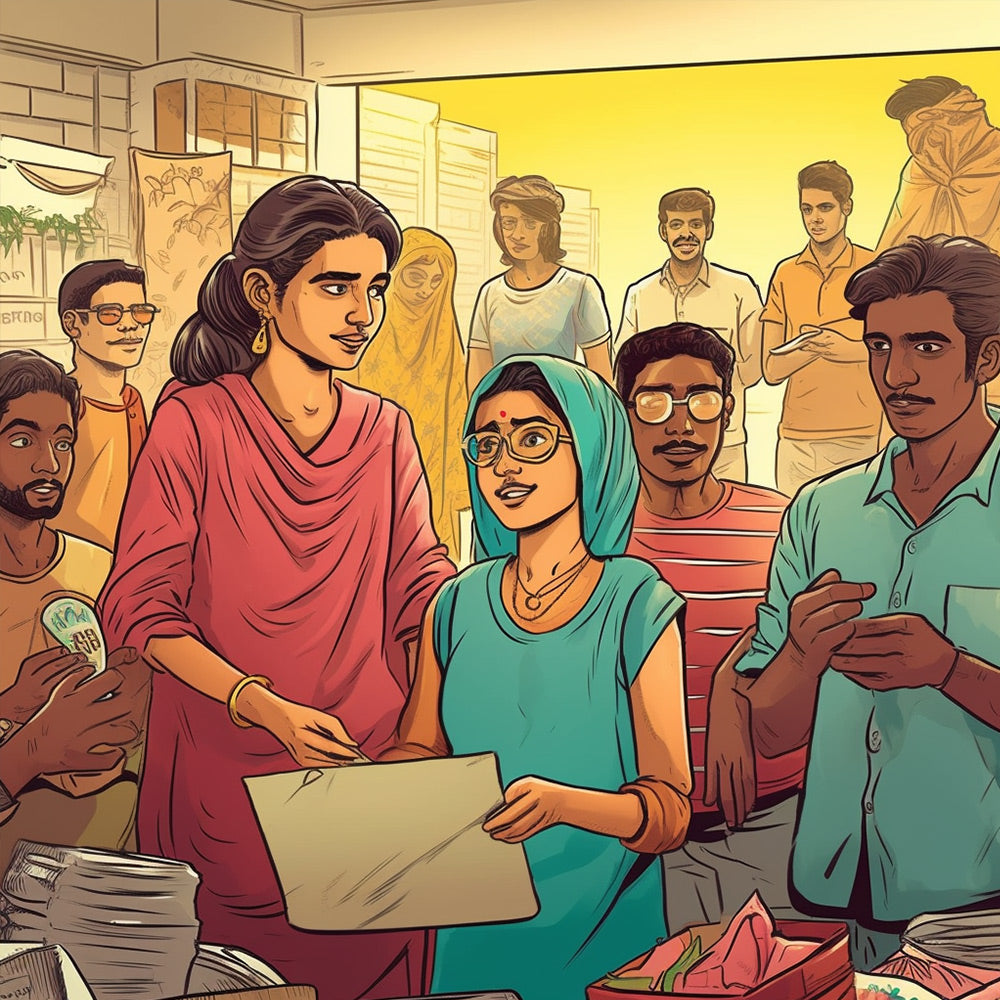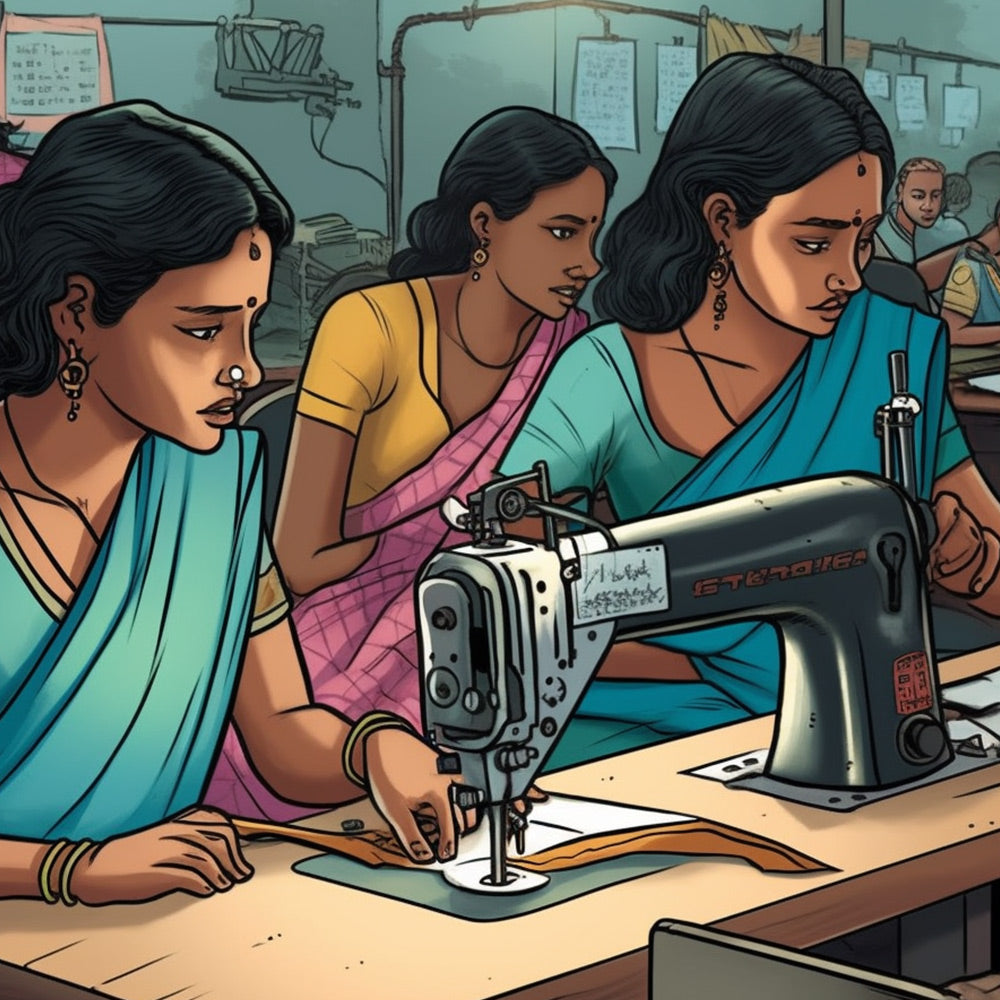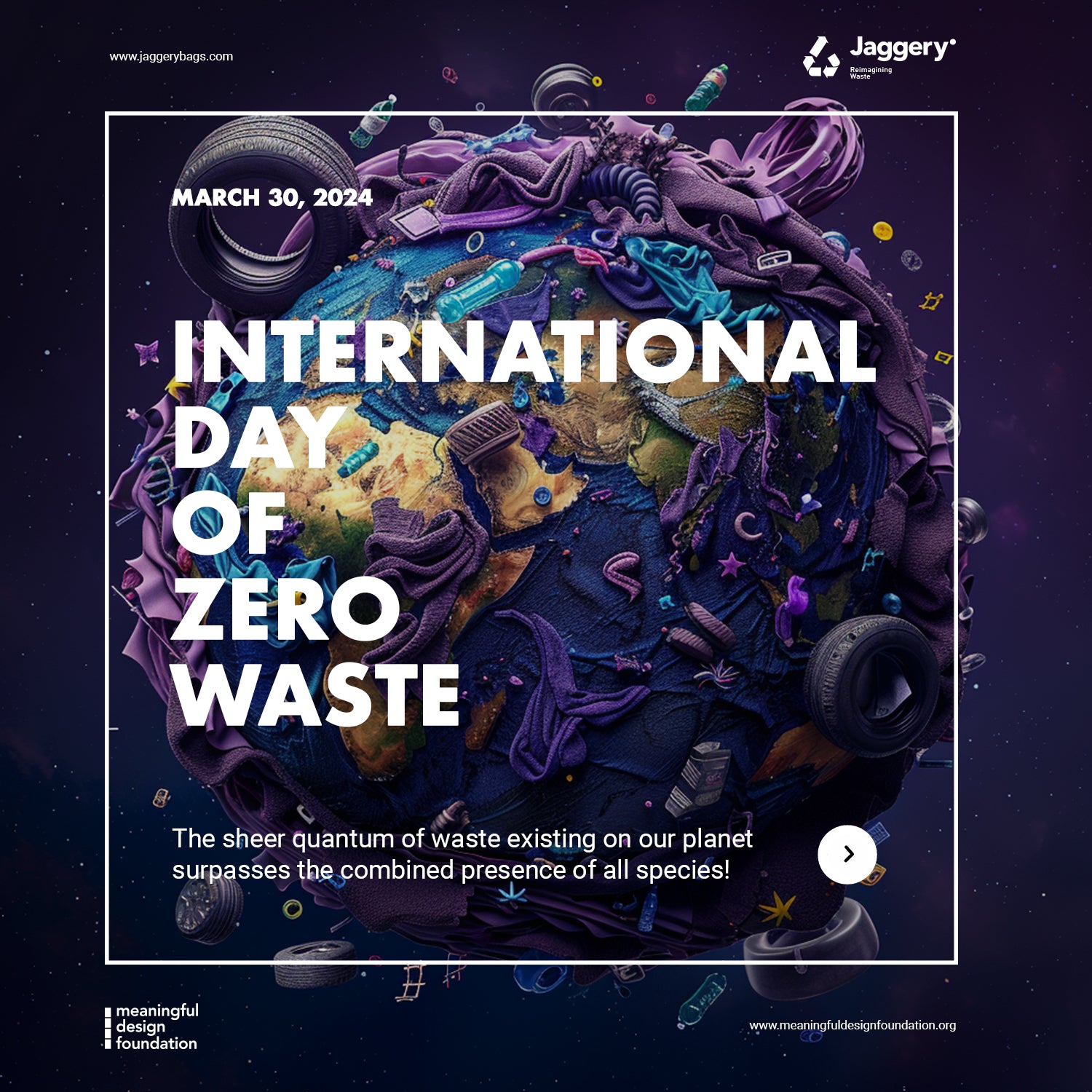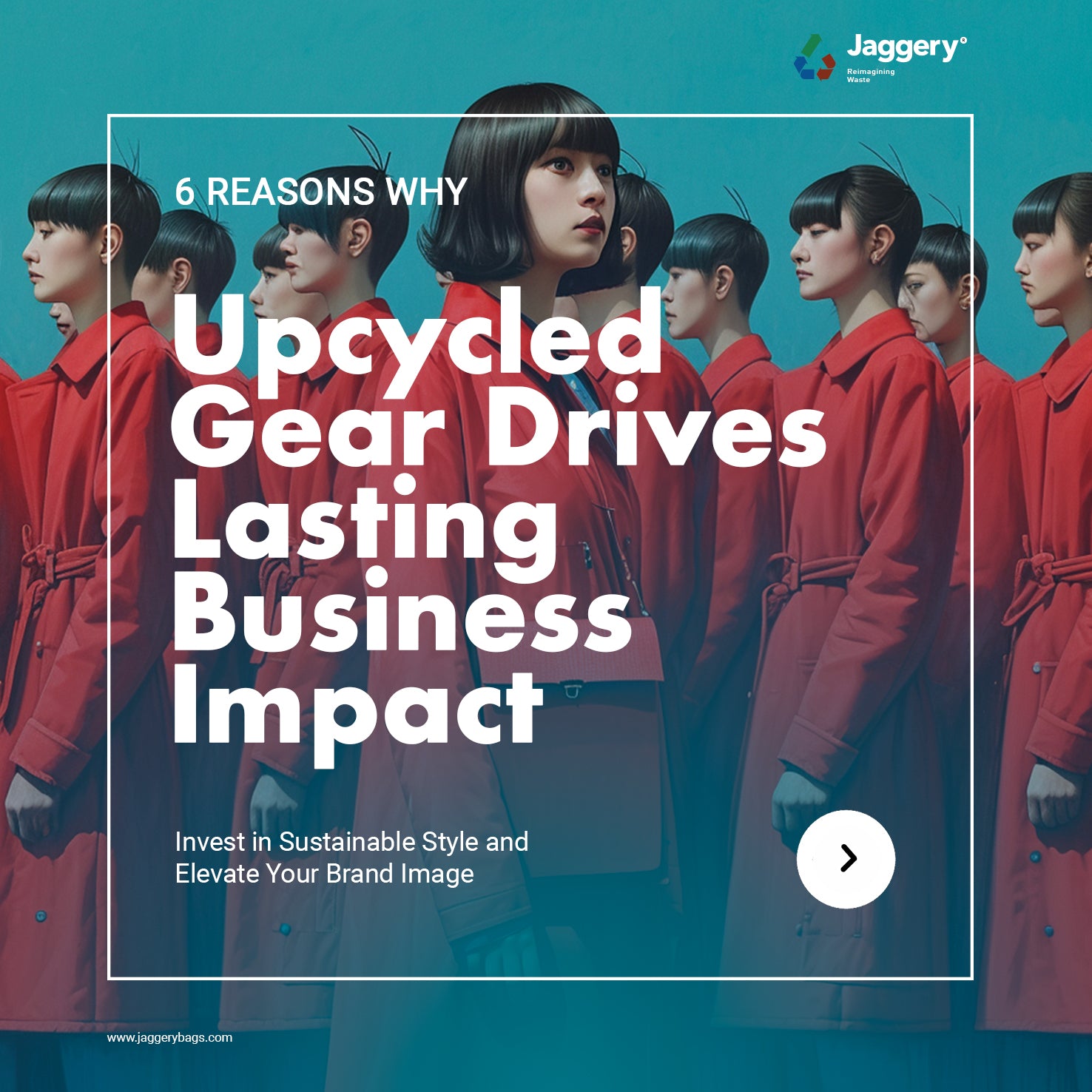At present, it's difficult to pinpoint an EXACT figure for the total volume of waste existing worldwide including textile, plastic, automotive, food, construction, e-waste and others. Waste generation rates fluctuate greatly across regions, countries, and sectors of the economy. To put it simply, the sheer quantum of waste on our planet easily surpasses the combined presence of all species!

Today, on International Day of Zero Waste, let's pledge to move away from a throwaway culture and embrace a more sustainable future. The 10Rs of the circular economy offer a powerful framework to achieve this:

Refuse: Say no to unnecessary items and single-use plastics. Every "no" you say is a step towards a waste-free world.

Rethink: Before buying new, consider if you can borrow, rent, or share what you need. Rethink your consumption habits and prioritize experiences over possessions.

Reduce: Think consciously about what you purchase. Buy high-quality items that will last and avoid impulse buys.

Reuse: Give new life to old items! Find creative ways to reuse containers, clothing, and other belongings.

Repair: Don't throw away something broken if it can be fixed! Invest in basic repair skills or support local repair businesses.

Refurbish: Give pre-loved items a makeover. Refurbished furniture and clothing can be treasures waiting to be discovered.

Remanufacture: Turn used parts into like-new products. This reduces reliance on virgin materials and extends the lifespan of valuable resources.


Recycle: When all else fails, recycle responsibly. Choose products made from recycled materials and support proper waste management systems.

Recover: Extract valuable resources from waste that cannot be recycled. This can include energy recovery or composting organic materials.
By adopting these principles, we can create a circular economy that minimizes waste and maximizes resource efficiency. Let's work together to make Zero Waste a reality!










![Museum of Fade Mote One Backpack in EX-Cargo Belts & Rescued Car Seat Belts [15" Laptop Bag]](http://www.jaggerybags.com/cdn/shop/products/2_e69fbd46-7136-407e-89ec-37076187ac5c.jpg?v=1569286815&width=104)
![Heryana Freelancer's Satchel in Green Ex-Cargo Belts & Rescued Car Seat Belts [11" Cafe Bag]](http://www.jaggerybags.com/cdn/shop/products/2_f79d89e2-199c-4ae0-8d60-afbd0b1be087.jpg?v=1702500985&width=104)
![Festival Tote Bag in Silver & Grey [short handle]](http://www.jaggerybags.com/cdn/shop/products/2_4ae57ca4-738f-47a8-adcb-8b0a5df7e638.jpg?v=1550333408&width=104)


![Serially Circular Co-founder's Bag in Ex-Cargo Belts and Car Seat Belts [15" laptop bag]](http://www.jaggerybags.com/cdn/shop/products/2_abe88a09-0102-4c42-abd4-1bf23d1671a8.jpg?v=1586347349&width=104)
![Heryana Mini Co-founder's Satchel in Green Ex-Cargo Belts & Rescued Car Seat Belts [10" Cafe Bag]](http://www.jaggerybags.com/cdn/shop/products/MiniCofounder-front_aadc59d3-e390-4128-9dd8-0b971ea90ea0.png?v=1662365170&width=104)














Leave a comment
This site is protected by hCaptcha and the hCaptcha Privacy Policy and Terms of Service apply.